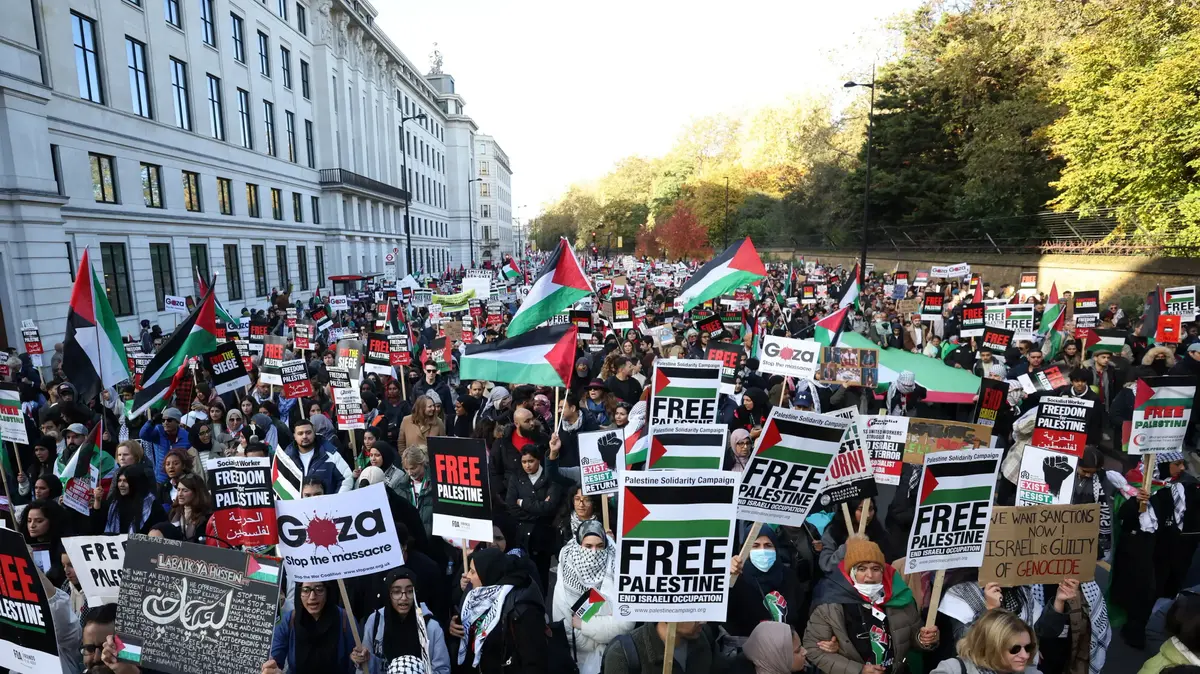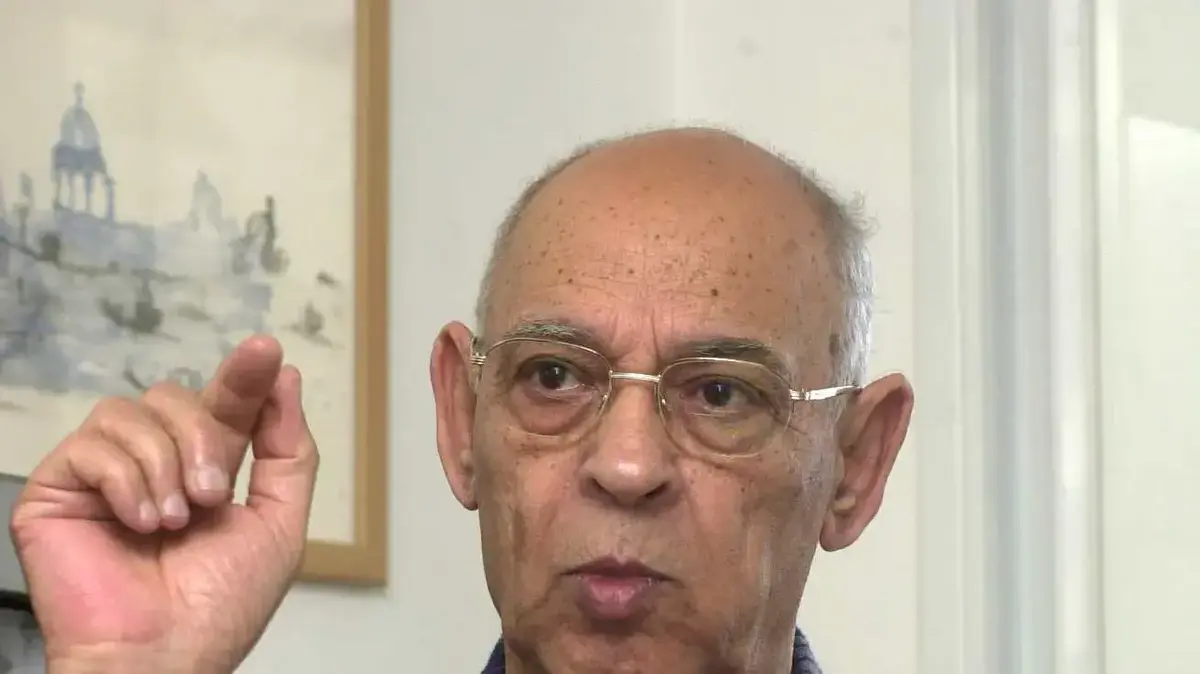Only the name on its initials - a.
B.
- was to pour a symbolic meaning into a person.
The combination of the first letters in the Hebrew calendar, "Alphabet", from which the letters and signs are spread out, and also the Jewish ways - from Canaan through the Second Temple to Israeli Zionism and democracy.
A.
B.
Joshua stands at the crossroads of national and private identities all his literary life, knowledgeable, sensitive to nuances, attentive, decisive, practical.
At the center of the story "A Poet's Continuing Silence," which is included in Joshua's second collection of stories "In Front of the Forests" (1968), is the character of a poet who "decides to stop writing out of utter despair. He deserves to be silent, because the melody is lost."
The poet in that story is nameless, like many of the protagonists of Joshua's early stories;
But the anonymity of the protagonist, his silence, his despair - all of these appeared to Joshua as a liberating and necessary act, and not as a debilitating move.
It is the act that brought back the melody, that found the writing.
In the early 1960s, Hebrew literature longed for the author.
B.
Joshua - a modernist who belongs to the tradition of Kafka and Borges more than to the legacy inherited by the writers of 1958, older than him. Fixed in nationalism and national realism to a universal world of symbols and ideas.
A writer who made his voice heard.
Joshua, Photo: PR
He had the authority and ability to disengage and create, not out of alienation from his roots, but out of an understanding of the complexity and centrality of Jewish thought in the general human being.
Quite quickly, he reformulated Israeli existence in literature as an open and essential place, not necessarily defined, which has the advantage of being able to contain contradictions and half-identities.
Only in "Mr. Mani," which he wrote after the death of his father, did Joshua "awaken the past," as he puts it, and move from the position of "the impostor Ashkenazi" to an ongoing preoccupation with his Sephardic origins.
Joshua's writing wandered in the landscape of Palestine even in the depths of the consciousness of the heroes of distress and conscience.
He did not act as a psychologist of a nation, but as an obsessive and sophisticated observer, recognizing the mental sacrifice that Jews have made over the generations and Israelis on their troubled land.
He dealt extensively with the family structure and the father-son relationship, but from this relationship he tried to explore the possibility of the next stage of the collective existence of the Jewish people - here in Israel and there in exile.
As a public figure, Joshua was conservative and actually continued the tradition of his literary ancestors.
Together with his friend and contemporary Amos Oz, he insisted on functioning as an "observer of the House of Israel," even when it became an almost naive political position, which was especially natural for the days when literature was included in the great national movement.
But Joshua, as early as the latter, was not naive;
He really cared wholeheartedly for the Jewish people - he wanted to define space and place and eternity for him, despite the wandering DNA, despite the self-destruction.
And that is the trouble, "he said in an interview with the Dotan Foundation in" Israel Today "about a year ago.
A.
B.
Joshua was the last Jewish writer, because the critical mass of our present writers does not aspire to climb to the position of the "spectator" - they are simply the "House of Israel".
Like many of our elected officials, who do not raise chicken beyond their ego core, so too most of our sopranos, guided by the immediate personal opportunity, are driven by image considerations rather than cultural responsibility.
In this sense - the loss is great.
"Joshua did not come to sum up a vast religious culture, but to establish abstract scaffolding and stand in experiential intersections in the high, transparent and trembling space of a young and vibrant land, between mountains and seas, where the 'antiquity of the Gazib mountains' and new bureaucracies kiss and meet in the evenings." Gabriel Moked has written about him in the past.
The scaffolding became a building, now left in his estate.
Of blessed memory.
Were we wrong?
Fixed!
If you found an error in the article, we'll be happy for you to share it with us

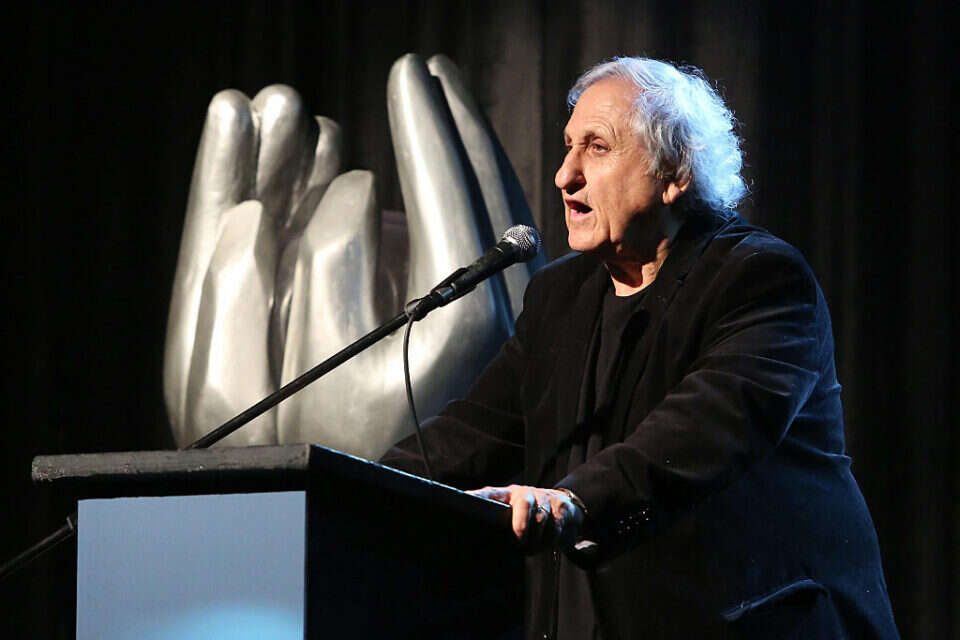
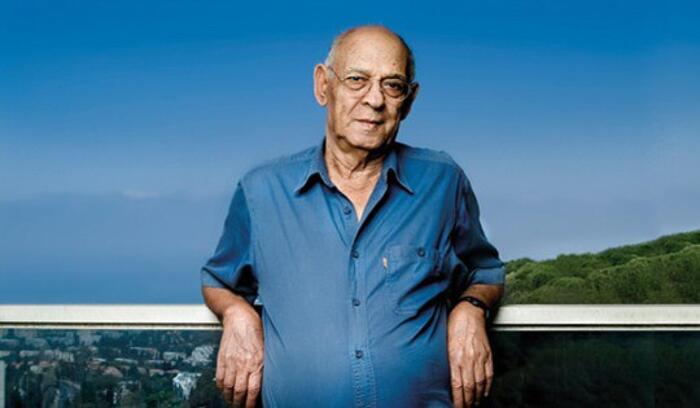

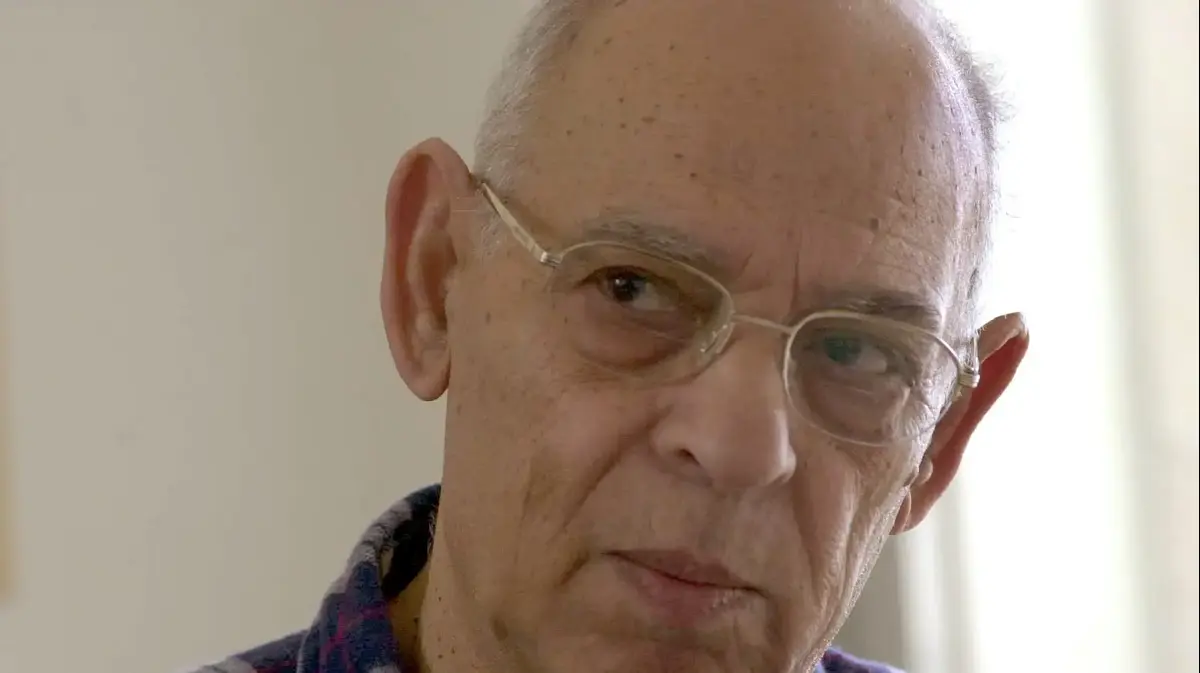
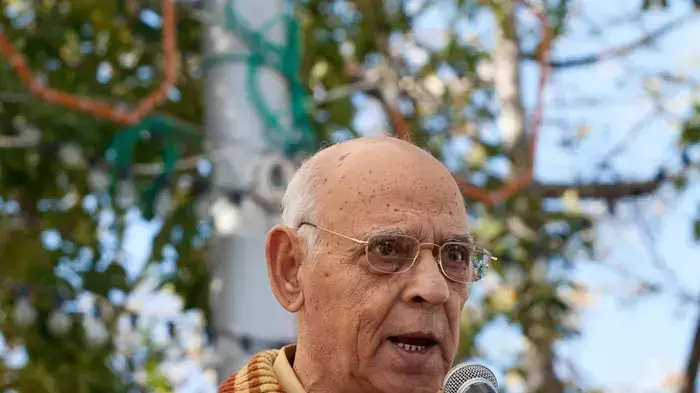
/cloudfront-eu-central-1.images.arcpublishing.com/prisa/7C3LUM4R75AU5MMLTKFXM4GDUA.jpg)

